The Trillion-Naira Opportunity: Why 40 Million Nigerians Are Still Locked Out of Wealth Building
Download the complete “Bridging Nigeria’s Knowledge and Wealth Gap” presentation
Nigeria’s financial inclusion story reads like a tale of two economies. While headline numbers show impressive progress—with formal financial inclusion jumping from 36% in 2010 to 64% in 2023—a deeper dive reveals a troubling reality: only 6% of Nigerian adults have access to investment products, leaving millions trapped in a cycle of saving without wealth creation.
The Staggering Cost of Financial Exclusion
The numbers are jaw-dropping. According to new research from EFInA, Nigeria isn’t lacking investable capital—it’s hemorrhaging it through exclusion:
- ₦911.45 billion lost to Ponzi schemes over 23 years (averaging ₦40 billion annually)
- ₦1.3 trillion estimated loss from the CBEX cryptocurrency scam alone
- ₦120 billion in missed annual returns for households who could invest but can’t access appropriate products
But perhaps the most striking statistic is this: if just 20 million adults—representing 50% of the financially excluded—could invest ₦5,000 monthly, this would mobilize ₦100 billion per month in currently idle capital.
The Inequality Behind the Headlines
While overall financial inclusion appears healthy at 74%, the data reveals stark disparities that paint a different picture:
- 44% education gap between the most and least educated
- 32% wealth gap between rich and poor
- 20% location gap between urban and rural areas
- 9% gender gap favoring men
These aren’t just statistics—they represent millions of Nigerians whose economic potential remains untapped, particularly women, youth, northern populations, and informal sector workers who make up the majority of Nigeria’s workforce.
The Three Pillars of Exclusion
EFInA’s comprehensive research identifies three critical barriers keeping everyday Nigerians from building wealth:
- The Trust Deficit
With only 10.8% of adults “very confident” in investing in Nigerian capital markets, past losses and fraud have created a crisis of confidence. When 68% of the 5 million Nigerians who invested in Ponzi schemes experienced losses, it’s no wonder trust is at rock bottom.
- The Knowledge Gap
Nearly 25% of non-investors cite complexity and lack of understanding as barriers. When 14.3% admit they “don’t understand how to invest” and another 10.1% find it “too complicated,” the education challenge becomes clear. Even more telling: 11.5% say they simply “don’t need to invest”—revealing a fundamental awareness problem.
- The Access Problem
Products designed for the wealthy elite don’t work for everyday Nigerians. High minimum thresholds, intimidating processes, and rigid KYC requirements effectively lock out informal savers who represent the majority of potential investors.
The Path Forward: From Exclusion to Empowerment
The presentation outlines practical solutions that could transform Nigeria’s investment landscape:
For Providers:
- Design truly inclusive products with low minimums and mobile-first experiences
- Invest heavily in investor education using local languages and trusted community channels
- Create risk-tiered offerings that match different financial goals and comfort levels
For Regulators:
- Incorporate inclusion metrics into supervision frameworks
- Mandate simple, visual product explanations in local languages
- Launch public awareness campaigns to shift mindsets about who investment is for
Why This Matters Now
Nigeria stands at a crossroads. The country can continue on its current path—celebrating headline inclusion numbers while millions remain economically marginalized—or it can embrace a more inclusive approach that recognizes investment access as fundamental to economic empowerment.
The data shows that there is no better measure of economic empowerment than the ability to invest. When people can’t access structured investment products that match their realities, capital either leaks into informal channels, falls victim to fraud, or remains idle—representing a massive opportunity cost for both individuals and the nation.
Download the Full Report
This blog post only scratches the surface of EFInA’s comprehensive analysis of Nigeria’s financial inclusion landscape. The complete presentation contains detailed demographic breakdowns, sector-specific insights, and actionable recommendations for policymakers, financial service providers, and development organizations.
Key insights you’ll discover in the full report:
- Detailed demographic analysis of investment behavior across all six geopolitical zones
- Comprehensive breakdown of trust levels across different financial service providers
- Specific product awareness and usage gaps by population segment
- Actionable recommendations for creating inclusive investment ecosystems
- Access to the underlying A2F dataset for your own analysis
The data is superior to opinions, and you can’t change what you don’t measure. Whether you’re a policymaker, financial services provider, researcher, or development practitioner, this report provides the evidence base needed to make informed decisions about financial inclusion strategy in Nigeria.
Download the complete “Bridging Nigeria’s Knowledge and Wealth Gap” presentation to access the full dataset and detailed recommendations that could help unlock Nigeria’s trillion-naira investment opportunity.
Want specific insights from the data? Contact EFInA at info@efina.org.ng or visit www.efina.org.ng for more resources.



